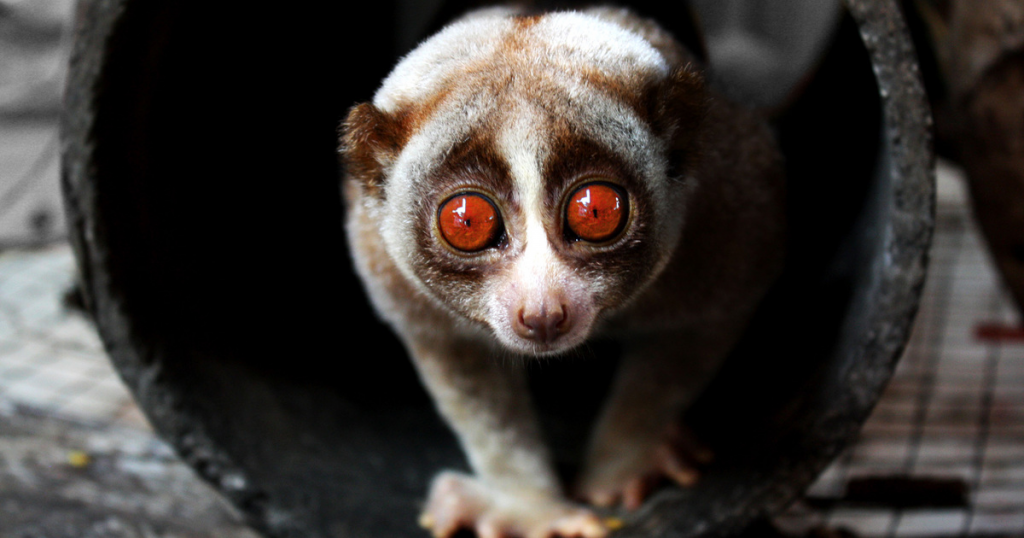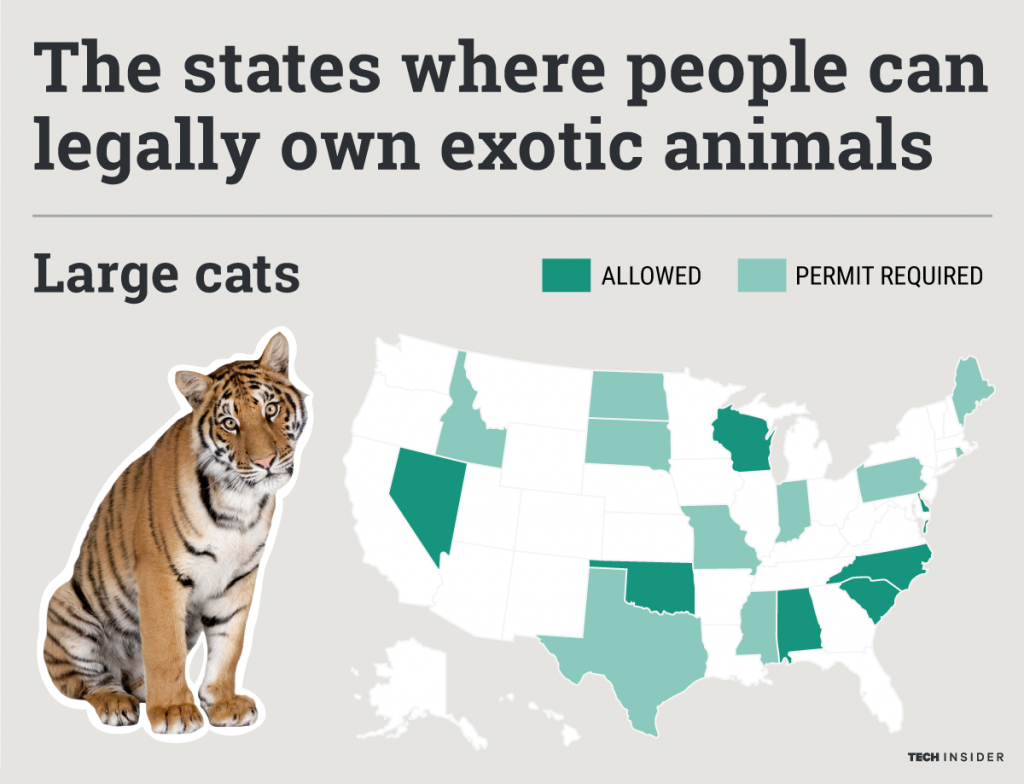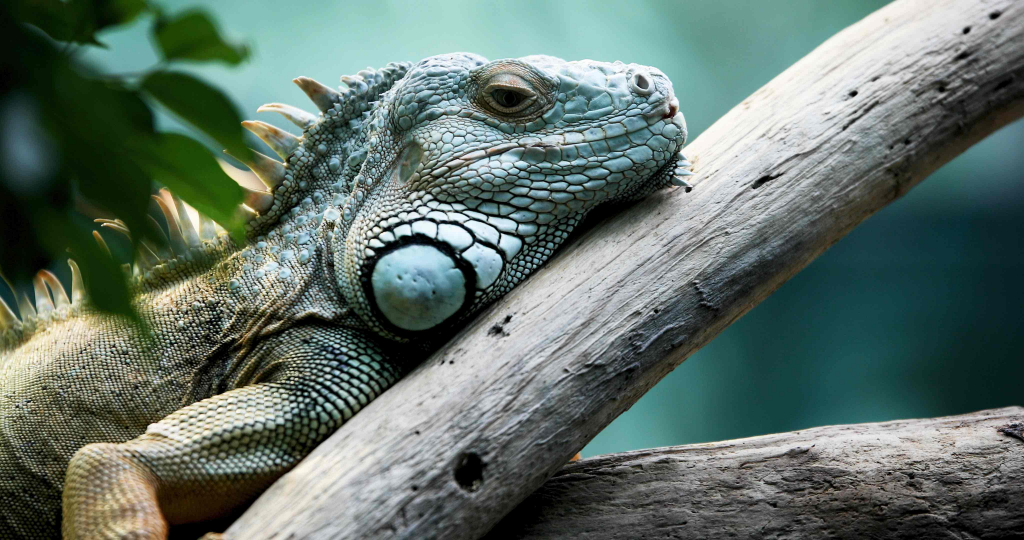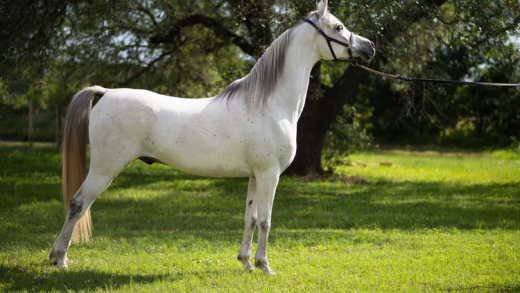Although keeping an exotic pet has its own set of duties and legal considerations, it may also be an exciting and fulfilling experience. Reptiles, birds, and exotic mammals are examples of exotic pets that need specific care and knowledge of the laws governing their ownership. The main legal information you should be aware of before introducing an exotic pet into your house is covered in this article.

Table of Contents
Recognizing State and Federal Laws for Exotic Pets
Depending on where you live owning exotic pets has different legal requirements. It’s important to learn about and comprehend federal and local regulations. States, as well as towns and counties within a single state, might have very different laws in the United States.
The Lacey Act and the Endangered Species Act are federal laws that the U.S. Fish and Wildlife Service uses to control the importation and interstate transportation of specific foreign species. The regulation of the trade in endangered species is further aided by the Convention on International Trade in Endangered Species of Wild Fauna and Flora (CITES).

Certain exotic pets may be subject to more stringent rules or outright prohibitions under local laws. Consult with before obtaining an exotic pet.
Permits and Licensing Requirements
Certain exotic animal ownership requires a licence or permit in many areas. These licences are intended to guarantee that pet owners have the skills and means required to provide responsible pet care. Comprehensive care plans, application costs, and inspections are frequently part of the permitting procedure.

For instance, owning large birds, exotic mammals like sugar gliders or ferrets, or reptiles like snakes or lizards may require a permit in some states. It may be necessary to demonstrate that you have suitable housing, access to veterinary care, and understanding of the species in order to receive these licences.
Zoning and Housing Regulations
The locations of exotic pet ownership are governed by zoning restrictions. There may be limitations on the kinds or sizes of animals that are permitted in some residential zones. By ensuring that the environment is appropriate for the needs of the animals, these restrictions aim to protect both the community and the animals themselves.
Exotic pet housing needs are frequently very specific and intricate. For instance, huge birds may need roomy aviaries, while reptiles may need enclosures with climate control. Both the welfare of your pet and legal compliance depend on your comprehension of these standards and your ability to meet them.
Animal Welfare Laws
The goal of animal welfare regulations is to shield creatures from exploitation, abuse, and neglect. The same rules that apply to domestic pets also apply to exotic animals. Owners are required to supply enough food, drink, housing, and healthcare.

Animal welfare rules can have harsh consequences for breaking, such as fines, having the animal taken away, and even jail time. It’s not just morally right, but legally required, to make sure you can provide for the unique requirements of your exotic companion.
Insurance and Liability Issues
There may be particular insurance and liability issues with owning an exotic pet. It’s crucial to review your homeowner’s or renter’s insurance coverage because certain insurance providers might not pay for losses or injuries brought on by exotic pets.

In certain situations, you might need to get specialised liability insurance to protect yourself from any risks related to your exotic pet. This is especially important for larger or possibly dangerous creatures, including exotic mammals or some types of reptiles.
Ethical Considerations and Conservation
Beyond the needs of the law, keeping exotic pets raises ethical questions. A large number of exotic animals are taken from the wild, which leads to the extinction of species and the disturbance of ecosystems. You can lessen these effects by making sure your pet comes from a respectable breeder or rescue group.
Think about the lengthy commitment that owning an exotic pet entails as well. Numerous exotic animals have lengthy lifespans and require specialised care, which might become difficult to provide over time. A key component of ethical ownership is giving serious thought to your capacity to support the animal throughout the duration of its life.
Conclusion
Although having an exotic pet can be a rewarding experience, there are important ethical and legal obligations. Comprehending and adhering to both local and federal regulations, securing the required licences, guaranteeing appropriate housing and care, and contemplating the enduring consequences of your choice are all essential measures. You may enjoy the company of your exotic pet while protecting their welfare and abiding by the laws that safeguard both you and the animal if you are prepared and knowledgeable.
People also search for: Nourishing Your Senior Pooch with the Perfect Dog Food Formula (2024)
















